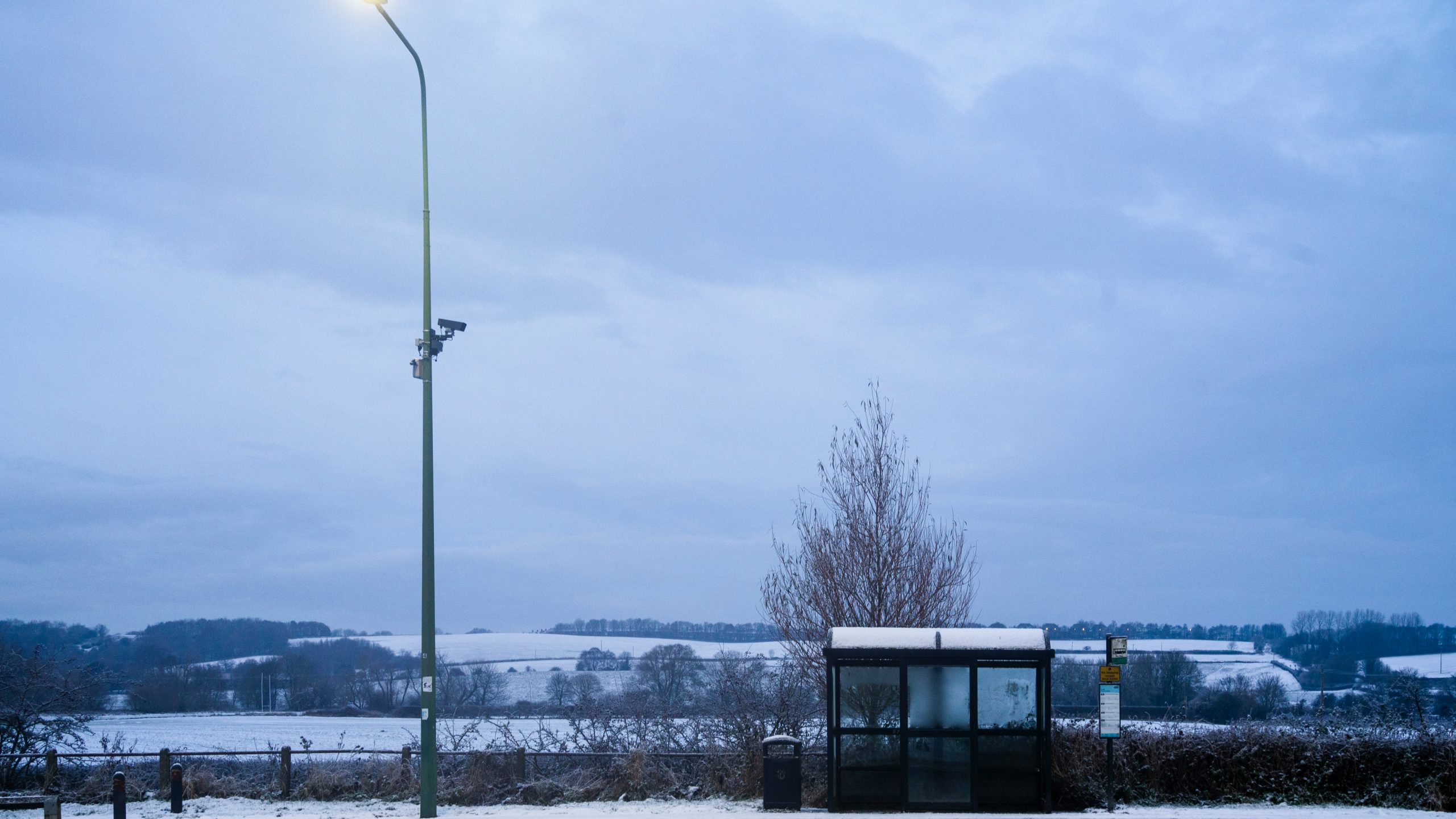An overlong, excessively critical review of a very short, very dumb opinion in the Wisconsin State Journal
The Wisconsin State Journal seems to love publishing anti-transit opinion pieces, likely written by some of the worst people living in Madison.
I don’t plan to link to the article because I’m sure the Wisconsin State Journal gets ad revenue every time someone opens their ad-riddled site. I promise to make sure you get the gist. Their site also hides their content behind a paywall, which lovingly springs up every time you refresh the page or open a new article. If only there was some way (ctrl + p) to get around that paywall (use ctrl + p) and read the content (ctrl + p to open a print preview before the paywall loads).
Anyway, let’s get started.
A recent letter to the editor – that someone actually wrote and submitted to the Journal, where real, human editors read through, critically analyzed, and genuinely thought was worth sharing – made an amazing claim. They hope to show us the truth, that “relying on bikes and buses only works for the privileged.” That definitely-true-and-not-completely-inane idea is, in fact, only part of the title of this wonderful piece. It gets even more definitely-true. Let’s watch.
The first paragraph of this amazing piece starts off with probably the most honest sentence of the entire opinion. Madison’s vision for the future of transportation does indeed put emphasis on reducing reliance on personal vehicles. After this modicum of truth, the article quickly devolves into… something else.
Moving on, we find that the second paragraph requires the reader to understand some subtlety that I think gets easily lost. The author claims that “People […] pay premium prices for their vehicles.” Although not stated explicitly, I believe the author means to imply that this “premium price” means we must give them deference. They spent money, they deserve it, dammit. Step aside, pedestrian in the crosswalk, here comes a driver who paid a lot for their car.
If you’re not careful, you might think the author is saying that people who can afford cars are the privileged ones. My poor, unenlightened reader, you are wrong. It’s those who CANNOT shell out most of their paycheck for a car payment that are the privileged among us.
Within that same paragraph is another line with an equally challenging concept. Fret not, for I am here to guide us through. Here, the author reminds us of Madison’s often-difficult and constantly changing weather. They remind us that “driving provides a comfort that bikes and waiting for buses cannot.”
Now! Dear reader! You’ve got practice at this. Who is privileged here: the bikers and bus riders out in the snow and rain, or the drivers with all their “comfort?”
Correct. It’s those biking and busing. We ought to feel bad for the poor car drivers.
Alas, I must move on from the second paragraph, although there could be so much more to say about it. We still have two more paragraphs full of supposed ideas, alleged sentence-structure, and a fair amount of punctuation to get through.
The next segment aims to make the argument that the city must prepare for the influx of new residents, all of whom must be coming in with vehicles and all of whom deserve space for their cars more than anything else. It is indisputable that Madison is growing and will continue to grow. But how we should prepare for that growth is clearly disputable. And, my dear reader, I think this author has it figured out.
It is not as if people will choose to move to Madison in part for it’s existing bike and pedestrian infrastructure. Or the fact that they might be able to get to and from their new job without needing a car. No. They move here for the promise of vehicular freedom, which the city wants to take away. The isthmus only has so much space, and it should be used for cars. Forget the lack of housing, we need more lanes. A patio in front of your favorite pub? Outdoor parks for picnics? More like parking lots that just don’t know it yet. My personal opinion from piecing together this author’s scattered genius, is that we ought to Pave Lake Monona for additional parking spaces.
In your next local election Vote To Pave The Lake. If you don’t, then you’re letting privileged pedestrians and radical cyclists win.
Moving on to our final argument of this work-of-art: the author tells us that “Madison is well-positioned for traffic growth.” There is no mention of what that means, or why it is something we could possibly want. But we must trust the author that this is good. Traffic is growing, and you, too, can be part of it. The city should acquiesce to this rather than encouraging healthier, less expensive, less dangerous forms of getting around.
We finish this powerful think-piece with a reminder that thinking you can get around without a car is a “shockingly privileged concept.” Given that we’ve reached the end, one might be confused at the lack of any supporting arguments, facts or numbers to back up this opinion. After all, this idea was the core concept the author wanted to convey. Alas, it confuses me too. But I know we must trust the author! Just like we must trust the Wisconsin State Journal! And what I have learned is that if you walked today or took the bus, you should give thanks to a car driver for letting you, you privileged ass.
And remember: Pave The Lake
